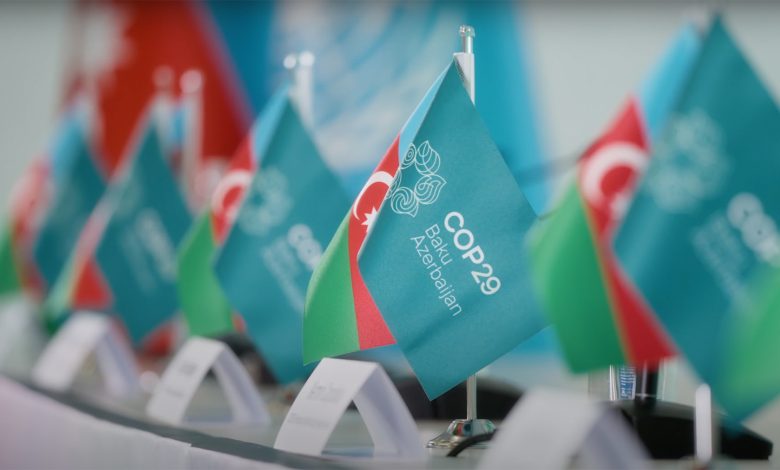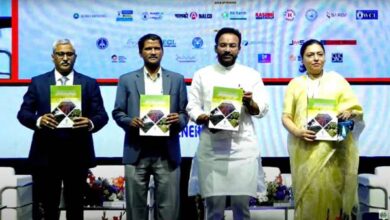Agreement On New Finance Goal For COP29
The objective was to step up International talks on climate finance

A side event dedicated to the role of the private sector in the COP29 Presidency Baku Initiative for Climate Finance, Investment, and Trade (BICFIT) was held in New York on 27 September 2024 within the framework of the 79th session of the UN General Assembly (UNGA). The objective was to step up International talks on climate finance. The event was jointly organized by the UN High-Level Climate Champion, the COP29 Presidency Action Agenda Global Initiatives Team and the Nizami Ganjavi International Center.
The failure to achieve any clear outcome of a new Financial goal in COP 29 means developing countries face uncertainty as they draw up their national climate plans, known as Nationally Determined Contributions ( NDCs,) because their ambition is necessarily dependent upon the availability of climate finance. All countries are scheduled to submit more ambitious NDCs with stronger goals to cut planet-heating emissions and adapt to climate change impacts by February next year.
Even though the Countries have yet to define critical aspects of the new collective quantified goal (NCQG) for climate finance, including who should pay – the so-called “contributor base” – and how much money they will mobilise – known as the “quantum”.
The stakes are high because without reasonable expectations of international finance, big-emitting developing countries may baulk at setting updated goals to cut emissions high enough to do their share of keeping global warming to the Paris Agreement targets.
UN climate chief Simon Stiell warns that rich countries are benefiting most from clean energy growth while poorer nations are deprived of finance for cheaper renewables.
Ministers will gather again in Baku during the second week of October to tackle tricky issues – including the size, or “quantum” of the new goal, and whether more countries should dig into their pockets for it.
Meanwhile a report issued on Tuesday by the International Energy Agency (IEA), shows the outcomes of the COP28 climate conference in December 2023, where 200 countries agreed on ambitious global energy transition goals. These goals include achieving net zero emissions in the energy sector by 2050, transitioning away from fossil fuels, tripling global renewable energy capacity by 2030, doubling energy efficiency improvement rates, and accelerating the deployment of other low-emissions technologies.
According to this report- advanced economies and China account for more than four out of every five dollars invested in clean energy since the Paris Agreement was signed in late 2015.The IEA called for stronger and more stable policies to attract private investment in clean energy in other regions, together with larger, better-targeted international support .
The agency also pointed out that, although governments are worried about how to make the energy transition socially acceptable, globally they are still spending nine times more making fossil fuels cheaper than on subsidising clean energy for consumers.
The writer of this article is Dr. Seema Javed, an environmentalist & a communications professional in the field of climate and energy




